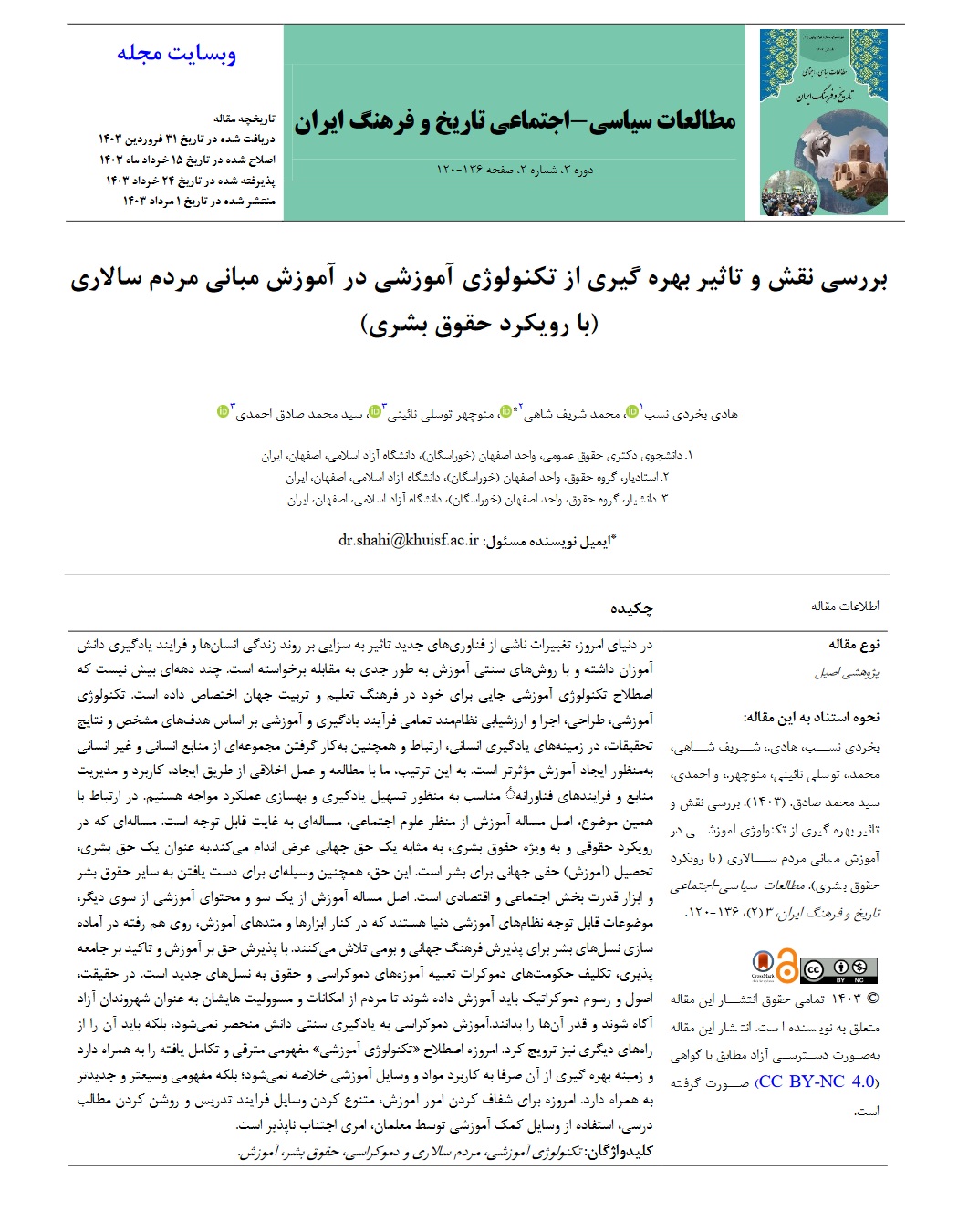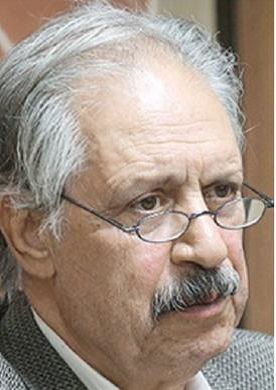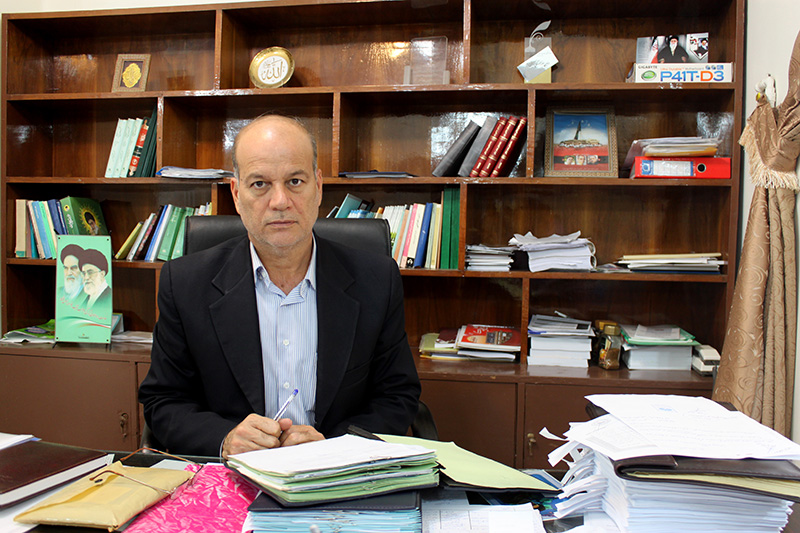Examining the Role and Impact of Utilizing Educational Technology in Teaching the Foundations of Democracy (with a Human Rights Approach)
Keywords:
democracy, human rights, educationAbstract
In today's world, changes resulting from new technologies have significantly impacted human life and the learning processes of students, seriously challenging traditional methods of education. It has only been a few decades since the term "educational technology" has found its place in the global educational culture. Educational technology encompasses the systematic design, implementation, and evaluation of the entire learning and teaching process based on specific objectives and research outcomes in human learning, communication, and the use of a combination of human and non-human resources to create more effective education. Thus, we are faced with the study and ethical practice through the creation, application, and management of appropriate technological resources and processes to facilitate learning and improve performance. In this regard, the fundamental issue of education from the perspective of social sciences is extremely significant. This issue, particularly in the legal and especially human rights approach, asserts itself as a universal right. As a human right, education is a universal right for all humans. This right also serves as a means to achieve other human rights and a tool for social and economic empowerment. The fundamental issue of education on one hand and educational content on the other are significant topics of the world's educational systems, which, along with teaching tools and methods, collectively strive to prepare generations for the acceptance of global and local cultures. By accepting the right to education and emphasizing socialization, it is the duty of democratic governments to embed the teachings of democracy and rights into new generations. In fact, democratic principles and traditions must be taught so that people become aware of and appreciate their opportunities and responsibilities as free citizens. Teaching democracy is not limited to traditional knowledge learning but should be promoted through other means as well. Today, the term "educational technology" carries a progressive and evolved concept, and its scope of utilization is not merely confined to the use of educational materials and tools; it embodies a broader and more modern concept. Today, to clarify educational matters, diversify the means of the teaching process, and elucidate lesson content, the use of educational aids by teachers is inevitable.
Downloads


















